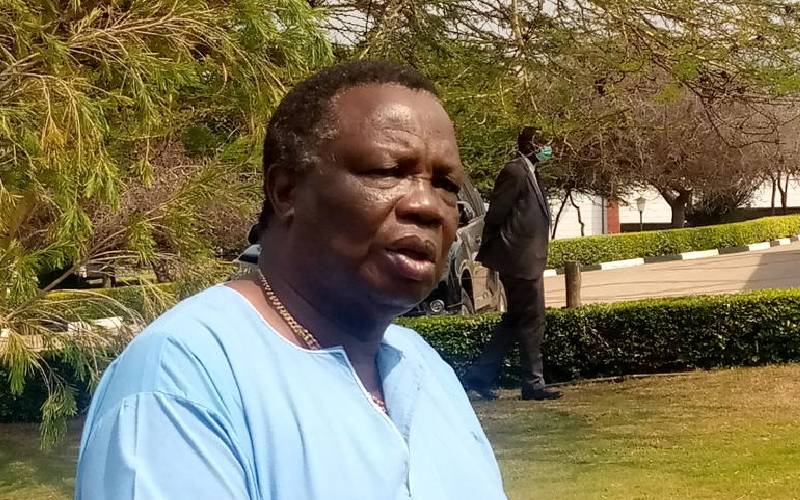×
The Standard e-Paper
Fearless, Trusted News

Not long ago, Dr Mukhisa Kituyi described Francis Atwoli (pictured) as an ‘irritant’ and claimed “every time he opens his mouth he just confirms our worst fears; that he has nothing between his ears”.